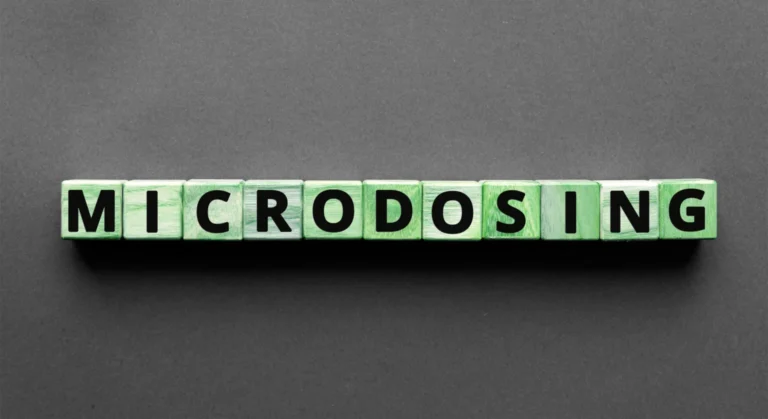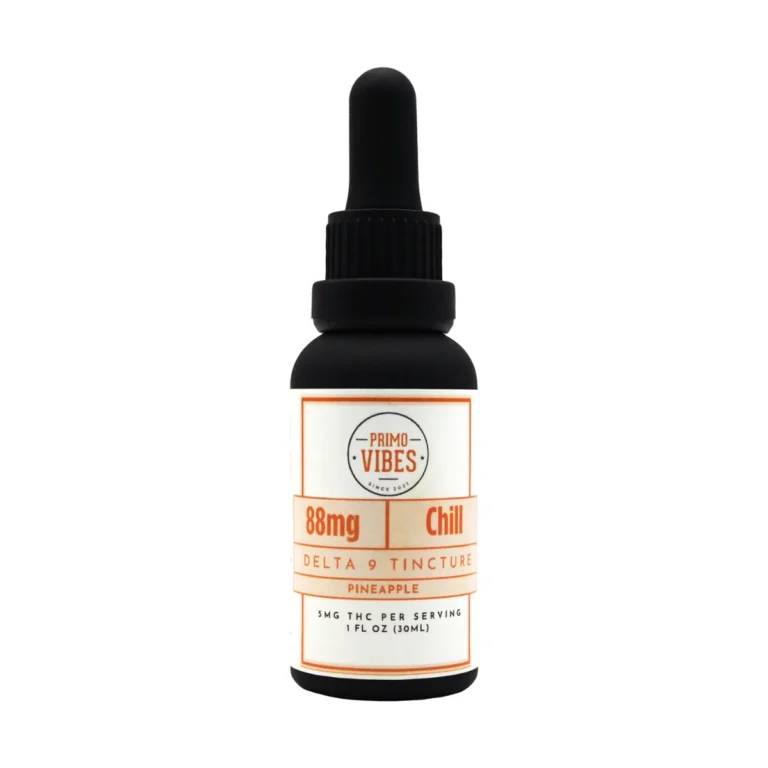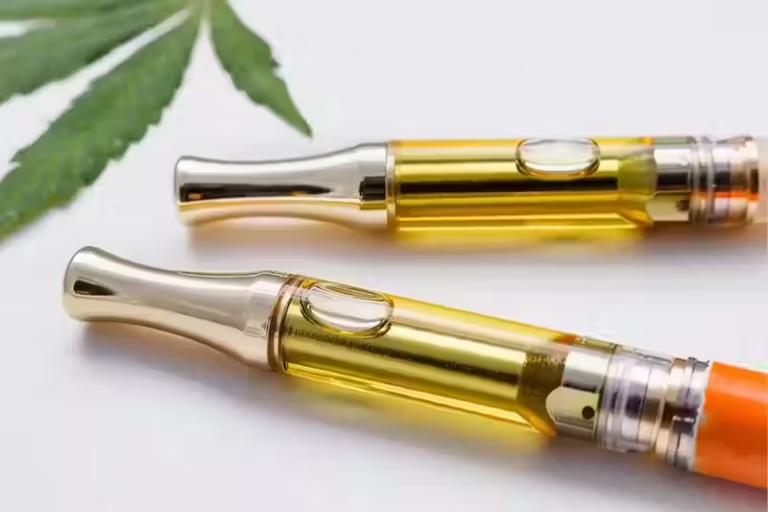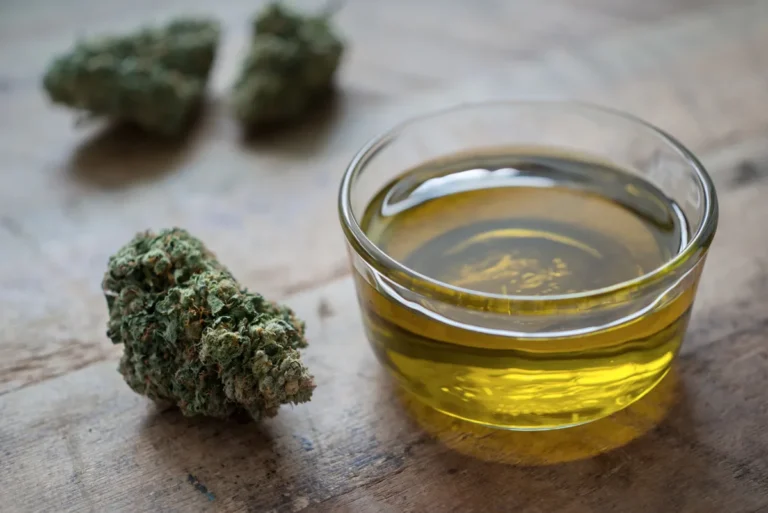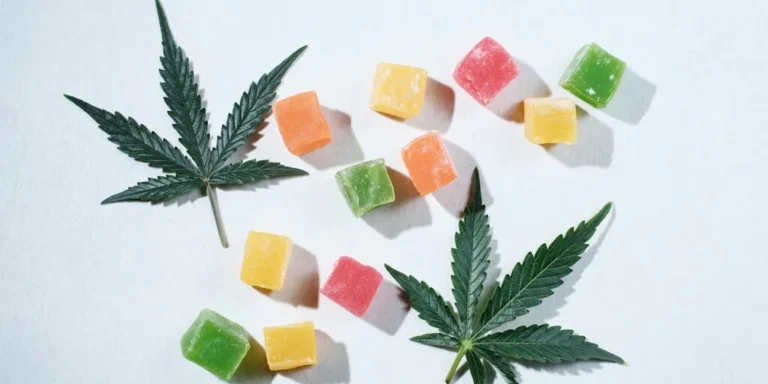Delta 9 Benefits
Delta-9-tetrahydrocannabinol (Delta 9 THC) is the most widely recognized cannabinoid in cannabis, best known for its psychoactive effects that create the “high” commonly associated with marijuana. However, the benefits of Delta 9 extend far beyond recreational use, offering a range of therapeutic advantages that are gaining recognition in both the medical and wellness communities.
One of the key benefits of Delta 9 is its pain-relieving (analgesic) properties. Research has shown that Delta 9 THC can effectively alleviate chronic pain, making it a valuable option for individuals dealing with conditions like arthritis, fibromyalgia, and multiple sclerosis. Unlike conventional pain medications, Delta 9 provides a natural alternative by interacting with the endocannabinoid system to alter pain perception and offer relief.
Additionally, Delta 9 is well-known for its ability to boost appetite, often referred to as “the munchies.” This is especially helpful for individuals undergoing treatments like chemotherapy, which can cause significant nausea and appetite loss. By stimulating appetite and reducing nausea, Delta 9 helps patients maintain a healthy weight and better cope with their treatments.
When considering Delta 9 vs CBD (cannabidiol), it’s essential to understand the distinct benefits each cannabinoid offers. While CBD is renowned for its non-psychoactive properties and potential anti-inflammatory effects, Delta 9 stands out for its ability to provide more immediate and potent relief for certain symptoms. For instance, Delta 9’s psychoactive effects can be beneficial for mental health conditions such as PTSD and anxiety, where the cannabinoid’s ability to alter mood and perception can offer significant therapeutic advantages.
A common question among users is, “Can Delta 9 provide an energy boost?” Unlike caffeine, Delta 9 is not usually linked with a direct increase in energy. However, it can affect mood and motivation in ways that might enhance creativity and focus, which can indirectly lead to a feeling of increased energy and productivity. The impact varies widely from person to person, depending on their individual physiology and the specific cannabis strain used.
Regarding mental health, Delta 9 has shown potential in easing symptoms of depression and anxiety. Its psychoactive effects can lift mood and induce a sense of euphoria, providing temporary relief from these conditions’ symptoms.
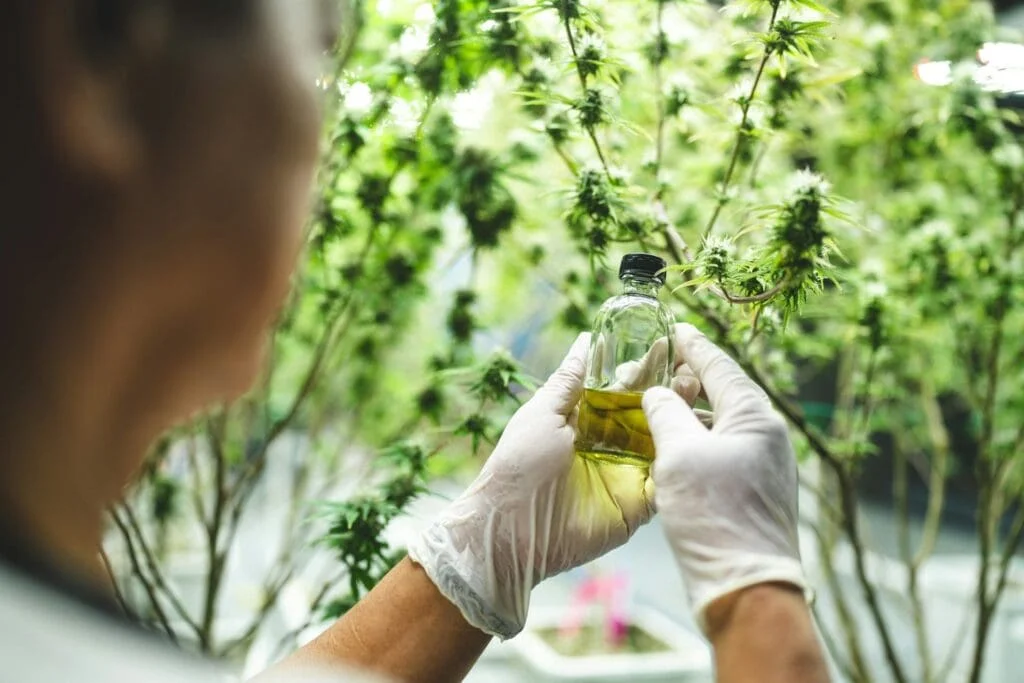
It’s essential to use Delta 9 responsibly, as excessive consumption may increase anxiety in some individuals. Finding the right dosage and strain tailored to your needs is key to a positive experience.
A common question is, “Is Delta 9 stronger than CBD?” The answer depends on how we define “stronger.” When it comes to psychoactive effects, Delta 9 is certainly more potent, as CBD does not produce a high. However, in terms of therapeutic benefits, each cannabinoid has its strengths. Delta 9 is particularly effective for conditions like severe pain and appetite loss, while CBD is often favored for its anti-inflammatory and anti-anxiety properties without any psychoactive effects.
Beyond its medical applications, Delta 9 enhances overall well-being by enriching experiences such as social interactions, creativity, and relaxation. For many users, Delta 9 fosters a greater appreciation for art, music, and nature, and improves social bonding and communication. These effects can contribute to a more fulfilling and enjoyable life.
Delta 9 offers a wide range of benefits, from significant medical relief to enhancing everyday experiences. While it excels in areas like pain management and appetite stimulation, it also brings unique psychoactive effects that can support mental health and overall well-being. Understanding the complementary roles of Delta 9 and CBD helps individuals make informed decisions about their cannabinoid use, whether for health or enhancing daily life. As research continues to shed light on these compounds, the potential for Delta 9 to boost both health and happiness becomes even clearer.

